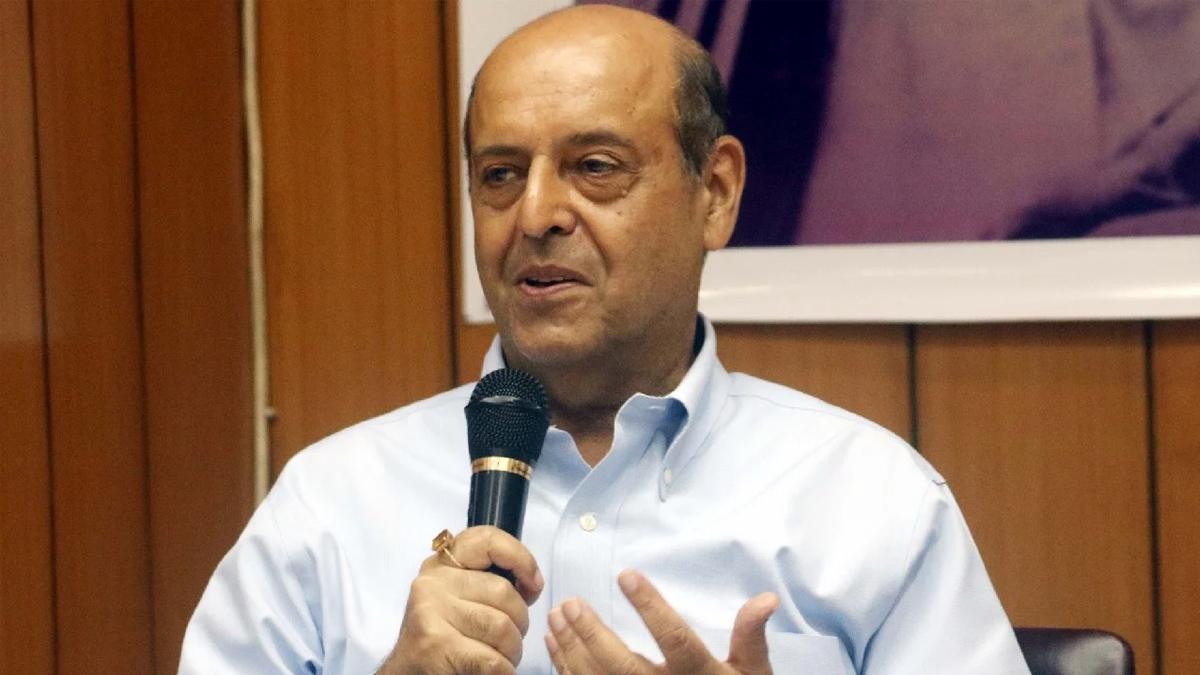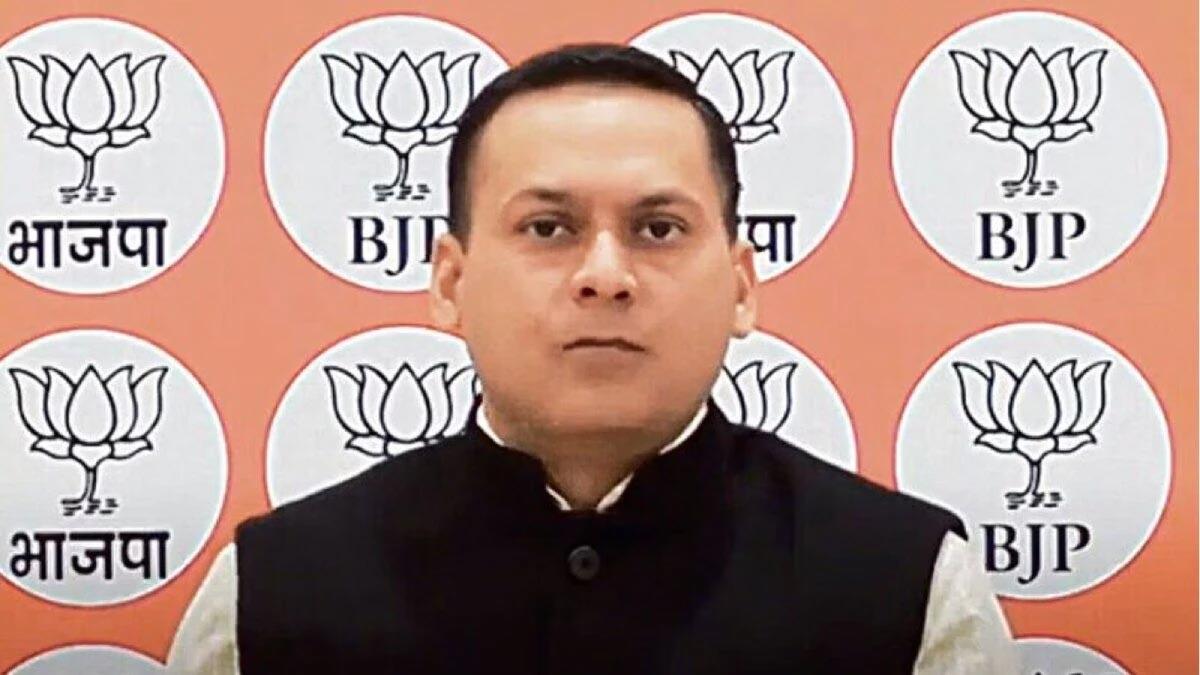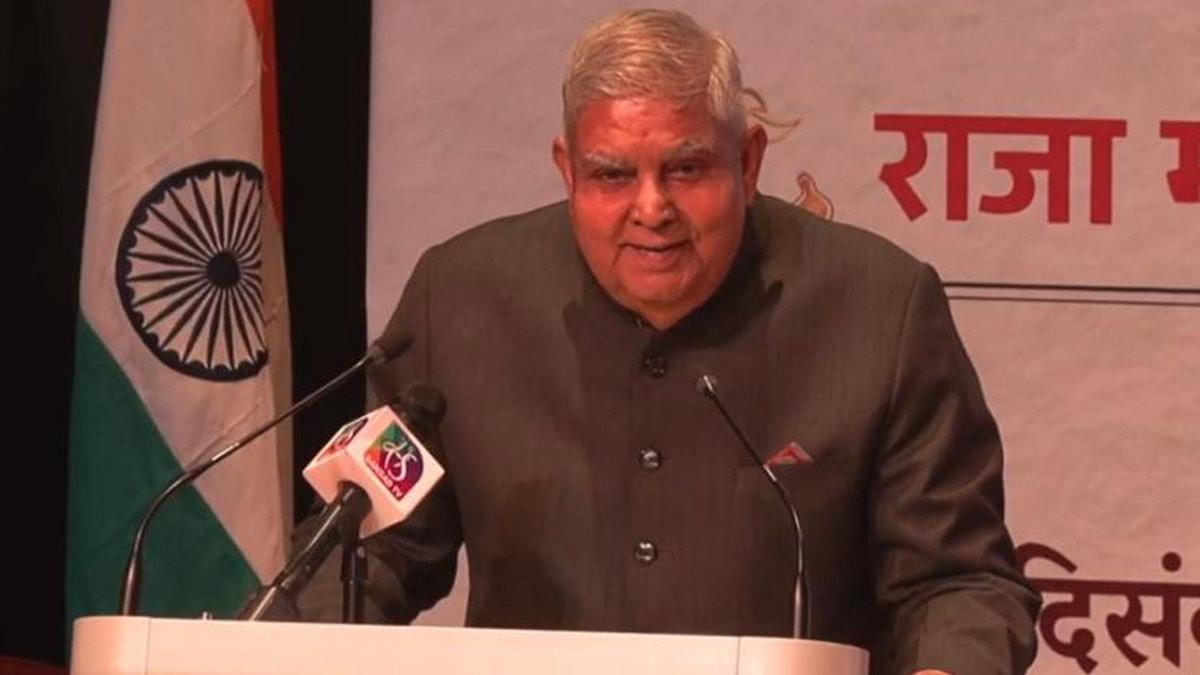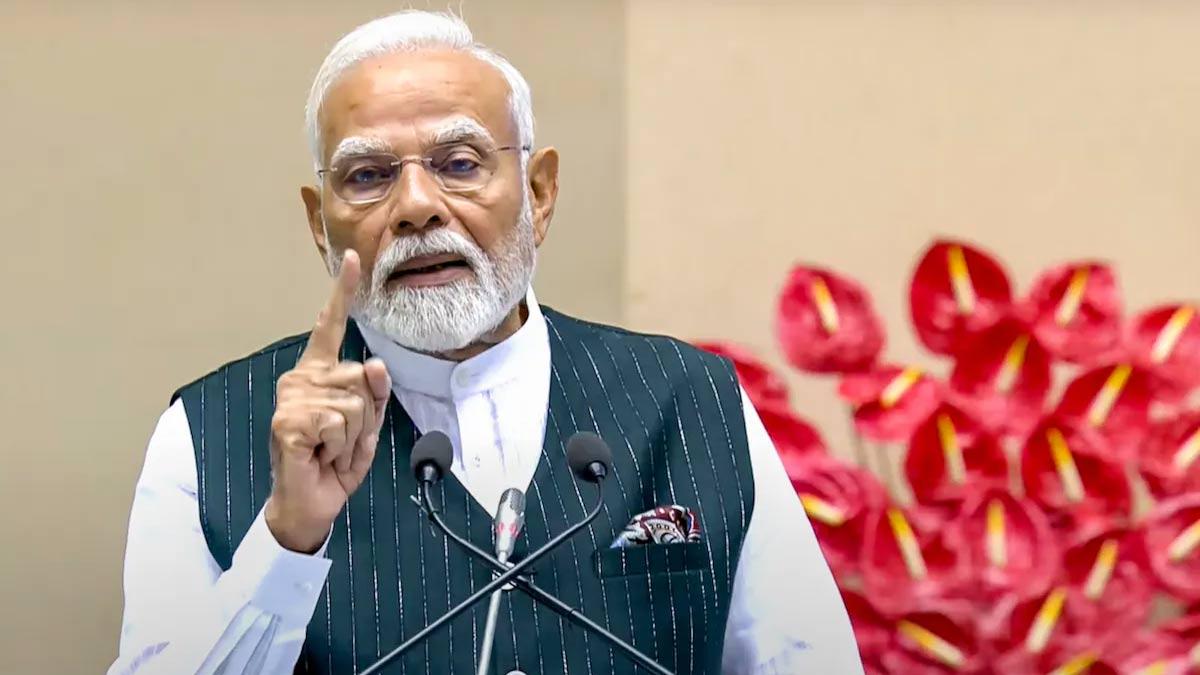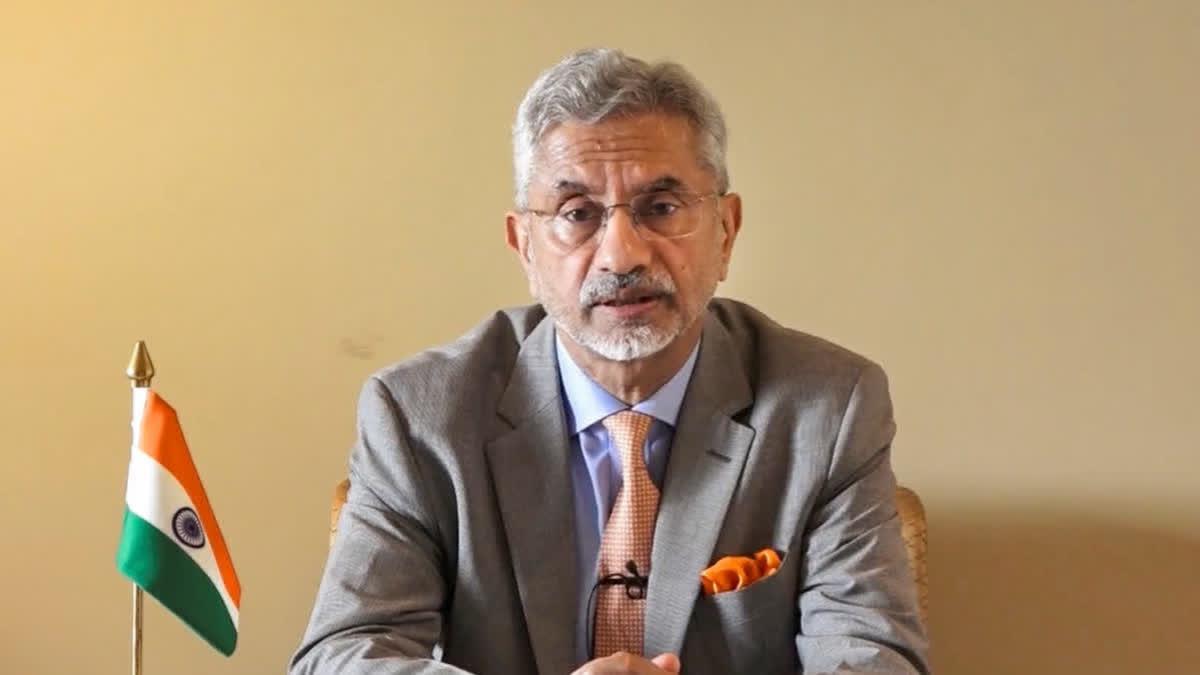Implementing the concept of "one nation one election" in India, involving simultaneous elections to the Lok Sabha (the lower house of Parliament) and state Assemblies every five years, would pose significant challenges, according to former Chief Election Commissioner (CEC) Navin Chawla.
While the move aims to reduce the cost of elections and minimize interruptions caused by the model code of conduct, it would require extensive political consultation and major constitutional changes, including amendments to Art 83(2), Art 172(1), Articles 85(2)(b), and 174(2)(b) of the Constitution.
Chawla highlighted the technical feasibility from the Election Commission of India's perspective but noted the increased logistics, including manufacturing additional electronic voting machines (EVMs) and voter verifiable paper audit trail (VVPAT) machines. The number of poll staff would also rise significantly, demanding proper training and a substantial increase in manpower. The constitutional changes necessary for synchronized elections would require a two-thirds majority in Parliament, presenting a considerable challenge.
Proponents argue that simultaneous elections would reduce costs and prevent disruptions caused by the model code of conduct. However, critics raise concerns about the potential alteration of the democratic and federal character of the Constitution. Addressing these challenges would require input from political parties and states, and careful consideration of legal and constitutional implications.
Chawla acknowledged that while the intentions behind the move are to streamline the electoral process, periodic elections also serve as reaffirmations of the democratic process. Balancing these considerations requires thorough examination and consultation with relevant stakeholders.
(With Agency Inputs)
ALSO READ | Hindu religion is not BJP’s private property says Shivakumar

